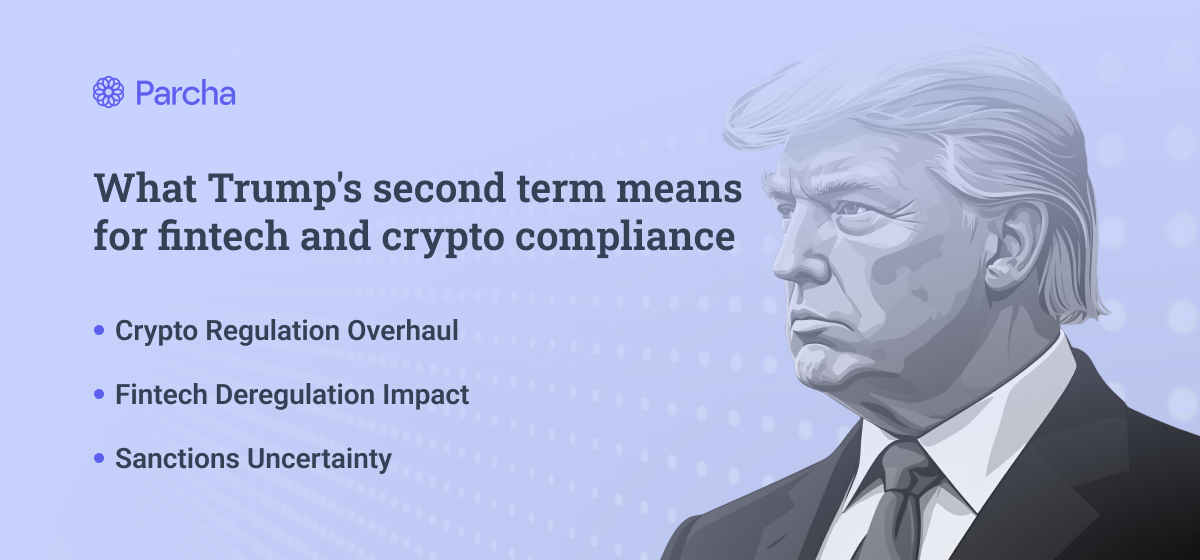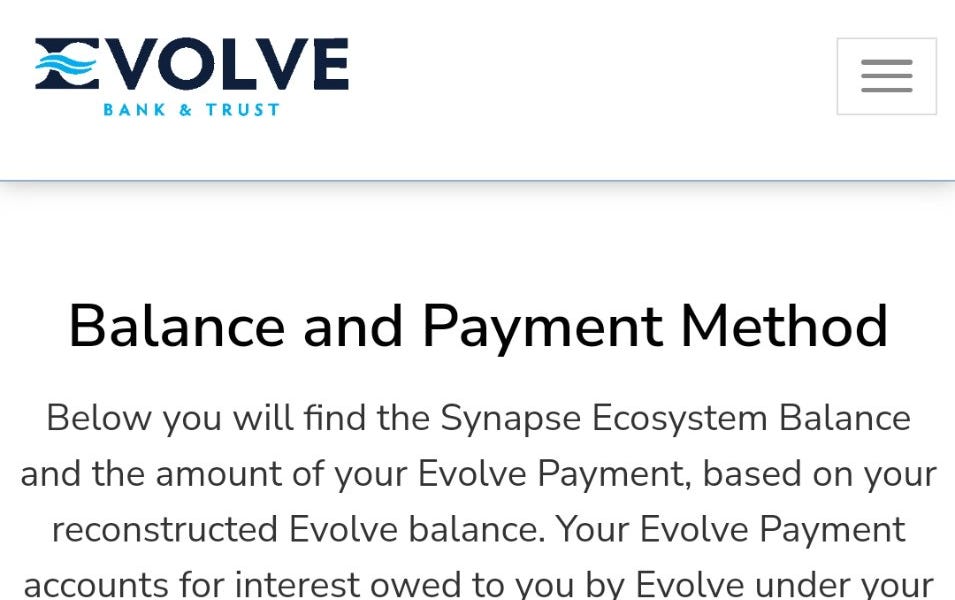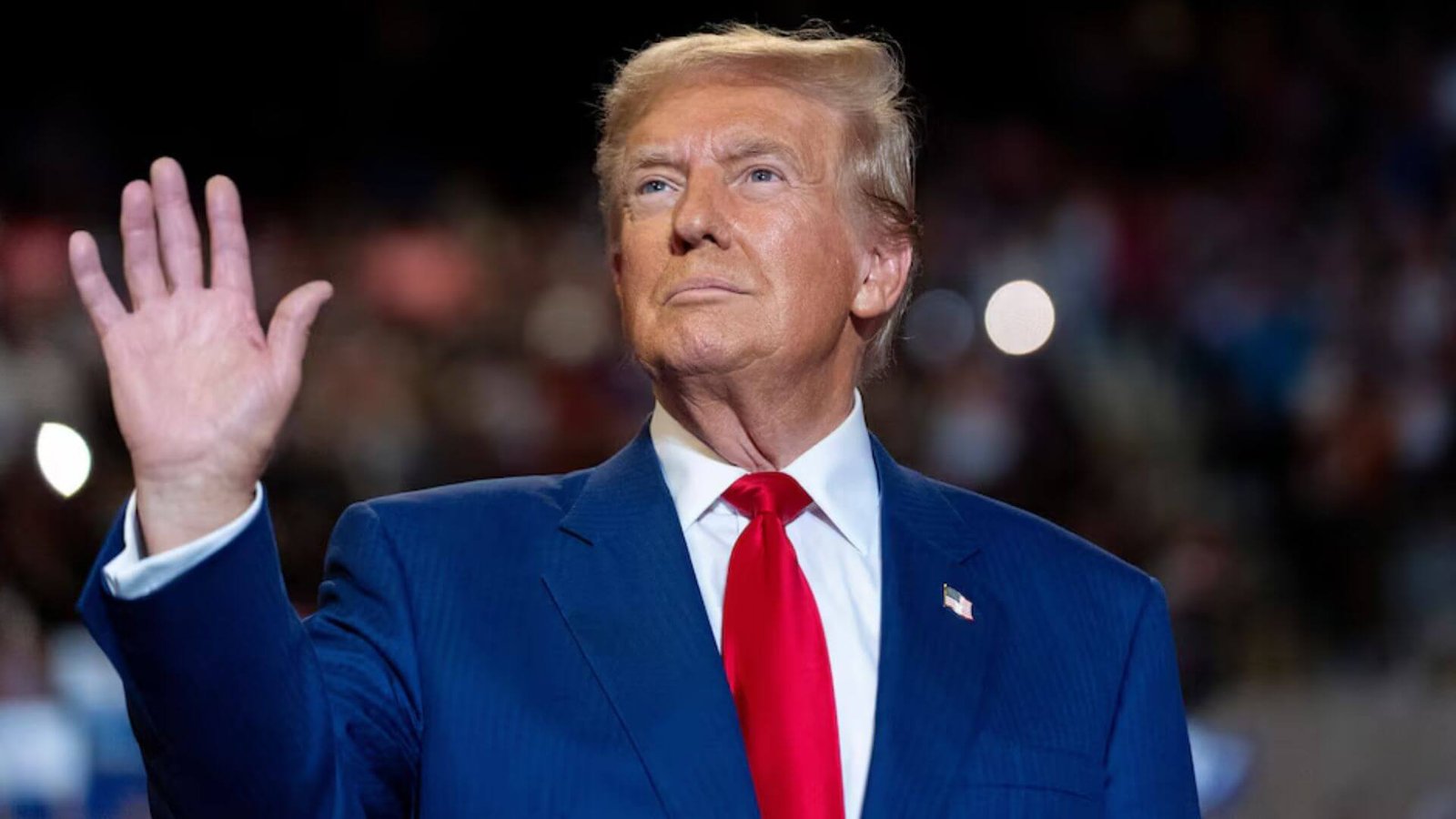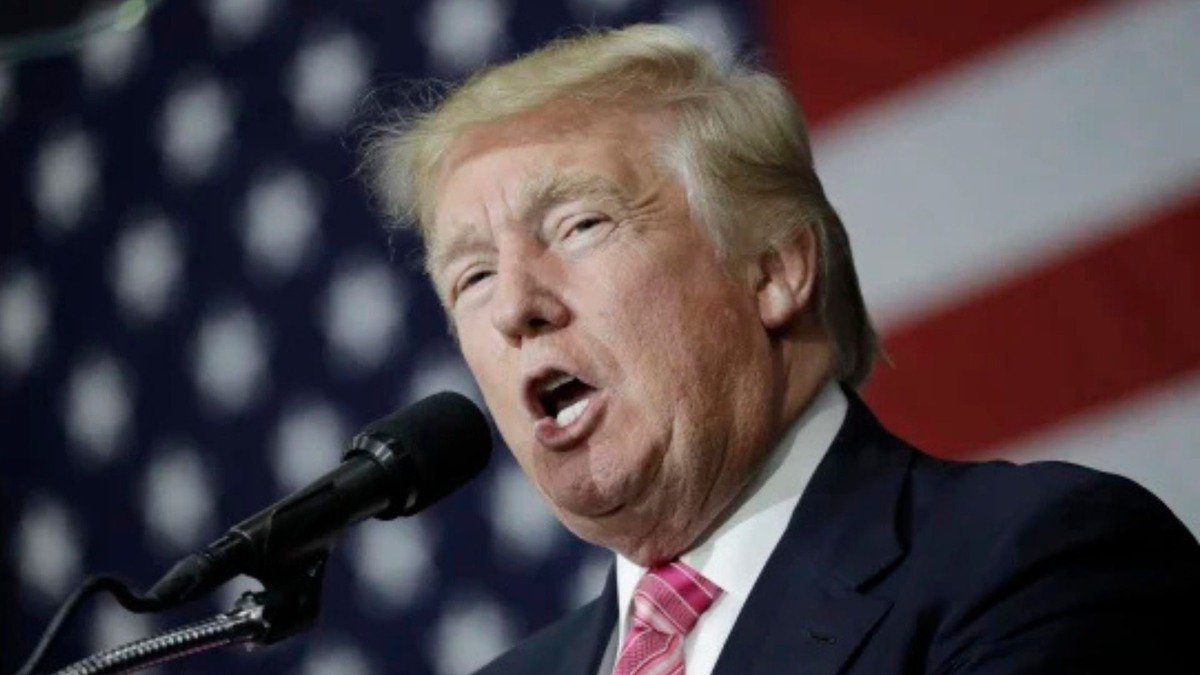What Trump's Second Term Could Mean for Fintech and Crypto Compliance


Donald Trump's return to the U.S. presidency in 2024 signals a potential transformation in the fintech and cryptocurrency landscape, with implications for regulatory approaches and compliance both domestically and globally. Trump's pro-crypto stance and deregulatory approach are expected to create new opportunities for the industry while reshaping the international financial regulatory environment. In this post we dive into the details of how Trump's second term is likely to impact compliance for fintechs, banking and crypto.
Crypto Regulation Overhaul
A significant shift in cryptocurrency regulation is expected under Trump's administration. The SEC leadership is likely to change, with Trump vowing to remove Gary Gensler as Chair [1]. This could lead to a transfer of crypto oversight from the SEC to the more crypto-friendly Commodity Futures Trading Commission (CFTC) [2]. The regulatory overhaul is anticipated to include:
- Easing of regulations and potential dropping of legal actions against crypto firms
- Approvals for a wider range of cryptocurrency ETFs, including those based on smaller cryptocurrencies
- Establishment of a federal Bitcoin reserve, potentially accelerating Bitcoin's role as a digital reserve asset
- Emphasis on bringing more Bitcoin mining operations to the U.S.
These changes have already sparked a bullish market sentiment, with Bitcoin reaching new record highs of over $75,000 following Trump's victory [2]. The administration's pro-crypto stance could influence other countries to adopt similar policies, potentially reshaping the global cryptocurrency landscape [3].
Fintech Deregulation Impact
The anticipated deregulatory approach under Trump's administration is expected to create a more favorable environment for fintech innovations and startups. This shift could reduce the regulatory burden on companies, potentially leading to increased opportunities for growth and expansion in the sector. The administration's focus on encouraging business development may also result in more lenient antitrust scrutiny for major tech companies, except for Google [1][2]. However, compliance requirements are likely to evolve, particularly in areas such as:
- Consumer protection measures, requiring fintech companies to adapt their strategies
- Anti-money laundering (AML) regulations, with potentially closer scrutiny of financial transactions, especially in the cryptocurrency space
- Emphasis on American technological leadership, particularly in competition with China, which could lead to increased support for fintech innovations [3]
Another challenge here is that we're likely to see state and federal regulations diverge, especially in California and New York. That is likely to make compliance even more complex for US-based fintechs and banks who will now have to navigate starkly different compliance requirements.
Trump's Sanctions Strategy
Trump's sanctions strategy is characterized by more aggressive and frequent use of economic measures compared to previous administrations. During his first term, Trump imposed sanctions at an unprecedented rate, issuing new sanctions 82 times in 2019 alone [1]. This approach is expected to continue in his second term, focusing on using sanctions as a primary foreign policy tool. The Trump administration's sanctions strategy differs from previous administrations in several key ways:
- Higher frequency: Trump's administration imposed sanctions at nearly triple the pace of the Obama administration [2].
- Broader targets: Sanctions have been widely applied, affecting countries, individuals, and entities across various sectors.
- Unilateral approach: Trump has shown a preference for unilateral sanctions rather than coordinating with allies, potentially reducing their long-term effectiveness3.
- Cryptocurrency focus: Given Trump's pro-crypto stance, his second term may see sanctions strategies adapted to address the growing role of digital currencies in global finance [4].
This aggressive use of sanctions has led to concerns about potential geopolitical backlash and the long-term effectiveness of such measures3. Compliance professionals in the financial sector should prepare for a potentially more complex sanctions landscape, requiring heightened vigilance and adaptability in their compliance program.
Global Fintech Impact
The pro-crypto stance of the Trump administration could create significant opportunities for international fintech companies. With a more lenient regulatory approach, global fintechs may find it easier to enter or expand operations in the U.S. market1. The anticipated increase in institutional crypto investments could open new avenues for fintech companies offering crypto-related services [2]. However, international firms may face increased competition from U.S. companies emboldened by the new regulatory environment3. The administration's potential willingness to grant bank charters to fintech companies could also reshape the relationship between traditional banking and fintech, potentially encouraging partnerships between international fintech firms and U.S. banks [4][5].
Three ways to prepare for Trump's second term as president
To prepare for the potential regulatory shifts under Trump's second term, compliance professionals in the fintech and cryptocurrency sectors should consider the following strategies:
- Enhance Cryptocurrency Compliance Programs: With Trump's pro-crypto stance, companies should proactively develop comprehensive compliance frameworks for cryptocurrency operations. This includes performing thorough risk assessments to identify potential vulnerabilities in existing systems. Implement robust Know Your Customer (KYC) and Anti-Money Laundering (AML) procedures specifically tailored to crypto transactions. Leverage advanced blockchain analytics tools to monitor and flag suspicious activities in real-time. Regular staff training on evolving crypto regulations and compliance best practices is crucial to maintain a culture of compliance within the organization.
- Adapt to Potential Regulatory Changes: Stay informed about potential regulatory updates, particularly regarding the possible transfer of crypto oversight from the SEC to the CFTC. Develop flexible compliance strategies that can quickly adapt to new regulatory frameworks. Consider establishing a dedicated team to monitor and analyze regulatory developments, ensuring rapid response to changes. Prepare for potential easing of certain regulations while remaining vigilant about consumer protection and AML requirements. Engage with industry associations and regulatory bodies to stay ahead of policy shifts and contribute to shaping future regulations.
- Strengthen International Compliance Capabilities: Given Trump's aggressive sanctions strategy and the potential for increased global crypto adoption, bolster your organization's international compliance capabilities. Implement sophisticated transaction monitoring systems capable of screening against complex, frequently updated sanctions lists [5]. Develop a nuanced understanding of how different jurisdictions approach crypto regulation to navigate potential conflicts between U.S. and foreign regulatory requirements. Foster relationships with compliance professionals in key international markets to share insights and best practices. Consider implementing a global compliance framework that can accommodate regional variations while maintaining consistent standards across operations.
By focusing on these areas, fintech and crypto companies can position themselves to navigate the evolving regulatory landscape under a potential second Trump administration while maintaining robust compliance standards.
Finally, Parcha is here help. To learn more about how AI can accelerate your compliance workflows, schedule a demo with us today.
You can also email us: founders@parcha.ai
Read more about Trump's second term here:













